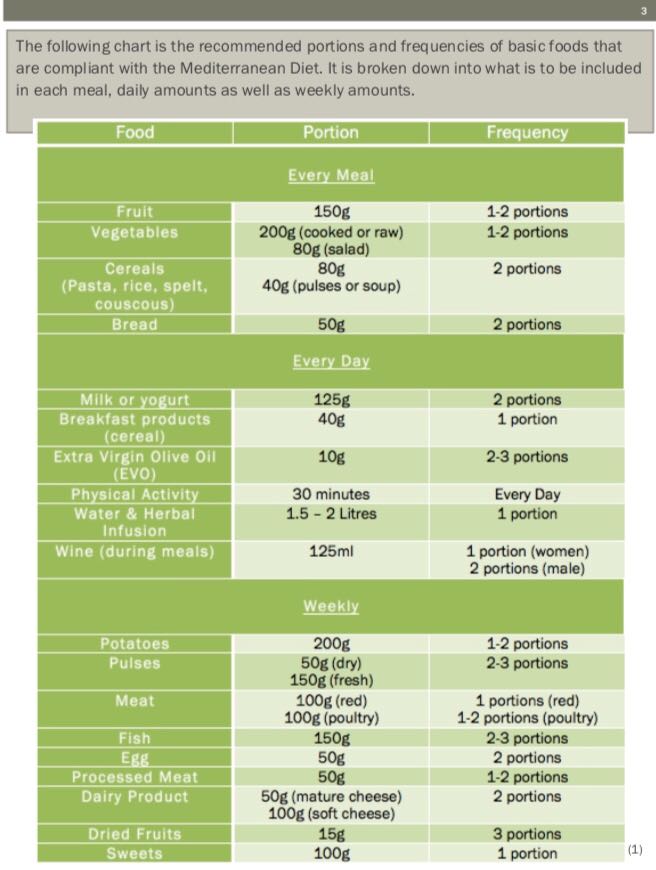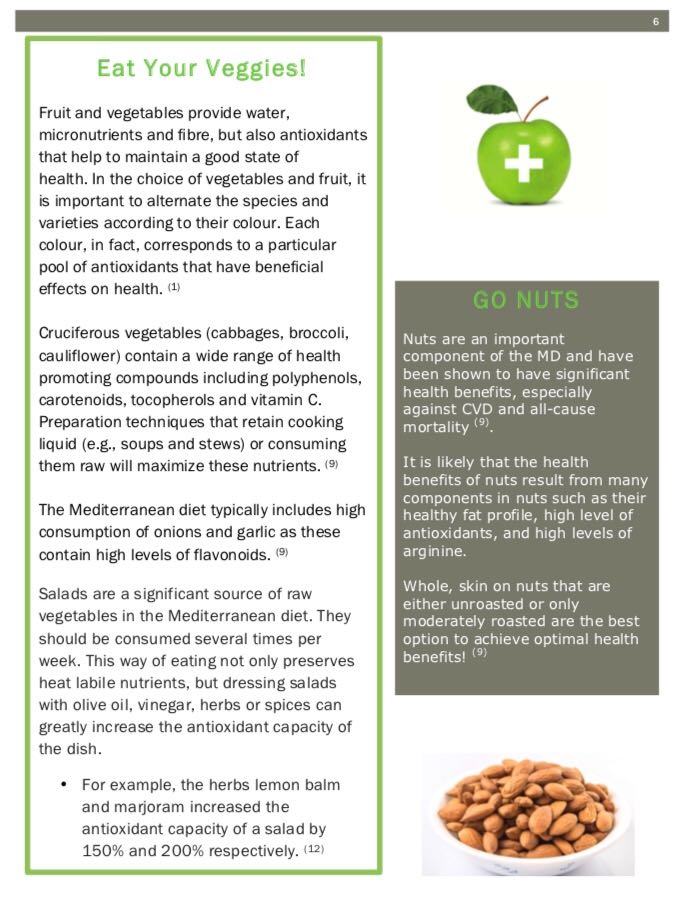As the back-to-school season approaches, many parents are busy buying new clothes, school supplies, and signing their children up for activities. But there is also the transition of sleep schedules, planning for healthy lunches, and implementing some immune supports to help battle the inevitable cold and flu season to come. We get it - this time of year can be both exhilarating and a challenge.
With a few simple naturopathic strategies, you can set the stage for a successful school year. Here are some tips we hope you’ll find helpful.
Restoring Routine: Getting Your Children’s Schedule Back on Track
After long summer days, getting back into a school routine can be challenging, but so important for a great first week back – both mentally and physically. Here are some ways to make the transition smoother:
Gradual adjustment - As fun as it is to spend the September long weekend enjoying some last few late nights, a week or two prior to back to school is a good time to start slowly moving the kids to an earlier bedtime. Gradually shift these times by about 15 minutes each day until they align with your school schedule. This helps reset your child’s internal clock without causing undue stress. The earlier sunsets are there to help us.
Evening wind-down – Establish a calming bedtime routine to help your child relax before sleep. Activities such as reading, taking a warm bath, and practicing deep breathing can signal to your child’s body that it is time to wind down. And of course – screens off for an hour before bed.
Nutrition for Success: Easy Breakfast, Lunch, and Dinner Ideas
Proper nutrition is essential for your child’s cognitive function, energy levels, and overall health. There is no singular “right” way to eat depending on unique dietary needs, but here are some tips for balanced healthy meals which include protein, healthy fats, and lots of vegetables:
Breakfast ideas - Granola and coconut yogurt, toast and a fried egg, banana with almond butter, almond flour blueberry muffins.
Lunch ideas - Wraps made with leftover chicken or beef, pita pizzas with sausage, veggies and cheese, chicken Caesar salad (P.S. – invest in a kid-sized Thermos to keep leftovers nice and warm!)
Smart snacks - Veggies and hummus, fruit and cheese, raisins and pumpkin seeds, dates stuffed with goat cheese, rice crackers and almond butter, quick energy balls (Nut-Free).
Hydration – A cute water bottle can go a long way. You can make water more exciting by adding in lemon juice and liquid Stevia plus a mint leaf, or strawberries and cucumbers plus a squirt of lime juice. Biosteel is a healthy, sugar-free, color-free option as well. Be creative!
Quick dinners - Meal prepping goes a long way towards a less stressful, balanced week of dinners. Sundays are a great time to get the kids involved in washing, chopping, bagging…which can also improve the likelihood of actually eating the healthy meals!
Crockpot meals are a great way to have dinner ready for any time – beef stew, turkey chili, pasta with meat sauce, honey garlic chicken thighs, butter chicken, or chicken tortilla soup are all great options to start. As an added bonus – if you prefer to have the nicer finish of an oven-roasted meal with the slow cooker convenience, just quickly broil it up for a minute or two to add the brown and the crisp.
Naturopathic Immune System Support: Strengthening Your Child’s Defenses
Probiotics – A strong immune system starts in the gut. Back to school is a great time to top up your kids’ healthy bacteria. Good bacteria is found in yogurt, kefir, sauerkraut, and cultured coconut. You might also consider a high-quality probiotic supplement in chewable form that has added vitamins.
Vitamin D – Most children living in Saskatchewan have suboptimal vitamin D levels. A single drop of a vitamin D supplement goes a long way in supporting a healthy immune response.
Vitamin C and Zinc – These nutrients are essential for immune health. Encourage your child to eat plenty of fruits and vegetables high in vitamin C such as oranges, strawberries, and bell peppers. Zinc is also anti-viral and found in foods like pumpkin seeds, chickpeas, and cashews.
Herbal supports – There are many herbs that support the immune system. There are many kid-friendly immune tonics which include astragalus for prevention.
Back to school season is an excellent opportunity to re-establish healthy habits that will benefit your child all year long. By focusing on a consistent routine, healthy nutrition, and immune supports, you’re equipping your child with the tools for a fantastic year of learning and fun. We are here to help you with personalized, evidence-informed care so don’t hesitate to reach out if you have questions or need further guidance.
In good health,
Dr. Darlene Reid, ND













